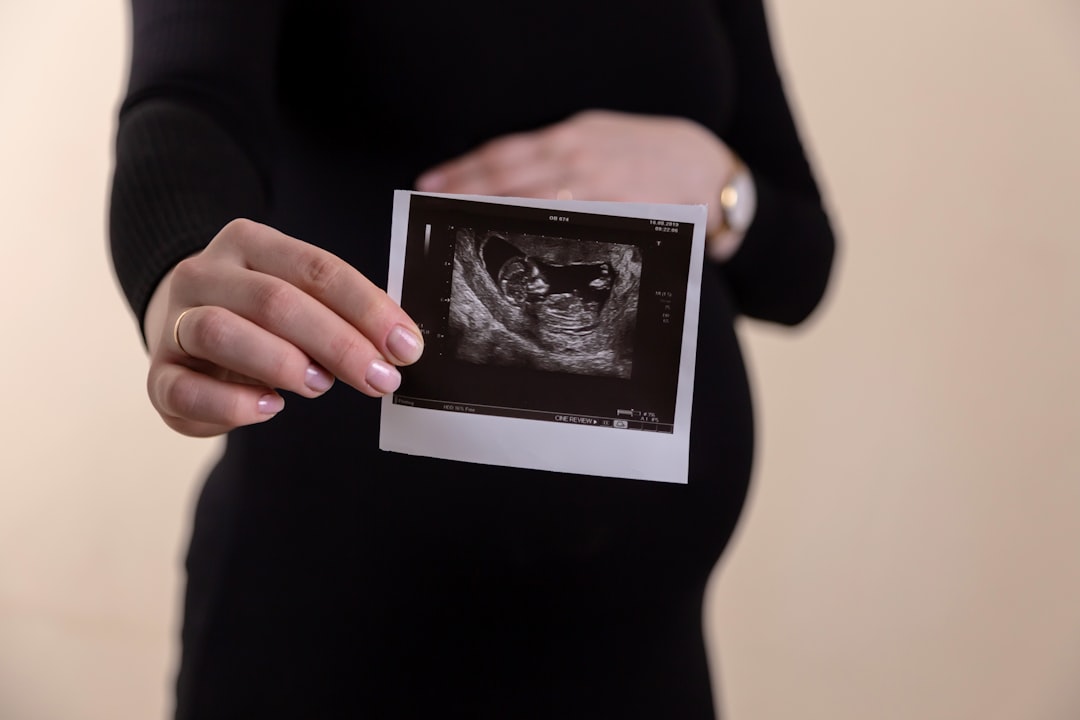Taking life into our own hands
The future of fertility is a brave new world..

It may well be that real life is trailing fiction by just a few decades. Every passing week, it seems the gap between reality and science-fiction narrows just a little more, as humanity attempts to blur the line between God’s realm and its own through the instrument of science. As a genre, science fiction has done a good job hypothesizing what our technological prowess could do for us but also to us. Whether humanity uses science to flourish or whether it withers under its own cleverness is a preoccupying question. Thus we come to an issue swirling underneath the main plot of works like “Brave New World” and more recently, “Gattaca “and “Children of Men” – procreation and fertility.
A recent piece at The New Yorker tracks some of the innovations that various companies are pursuing, showing that Hollywood flights of fancy are closer to reality than we might like. Researchers are looking for ways to slow “ovarian aging” as a way to extend female fertility, allowing women to become moms later in life. There is also a growing interest in IVG – in-vitro gametogenesis – which involves growing “gametes outside the body, beginning with non-reproductive cells”.
One scientist quoted in the piece says the excitement around IVG is a bit premature, and perhaps that is a good thing for humanity – “IVG has the “potential to create many more embryos than IVF, it may result in more screening for desired genetic traits.” No one can say what prognosis for a baby created through IVG is in the long term. What’s more, the ethical ramifications of a future where “sex will no longer be the method by which most people make babies (among humans with good health coverage)” are many.
It is useful to remember that many folks developing these technologies are not seeking to glorify God or follow his law. Wired magazine ran a story on artificial wombs where their main concern seemed to be how ectogenesis would affect abortion. Moving the fetus to a pod will stop him from being aborted, but what if “people with wombs” don’t want to be moms? “Ectogenesis would still make her a biological mother against her will and using it as an alternative to traditional abortion could therefore violate her reproductive autonomy.”
The future of human procreation will be a minefield and Christians who wish to defend the unborn may find the fight in many strange places. But we must hold fast to what is good, and shun evil, even though it comes in the form of a solution for human ills and with the authority of science.



